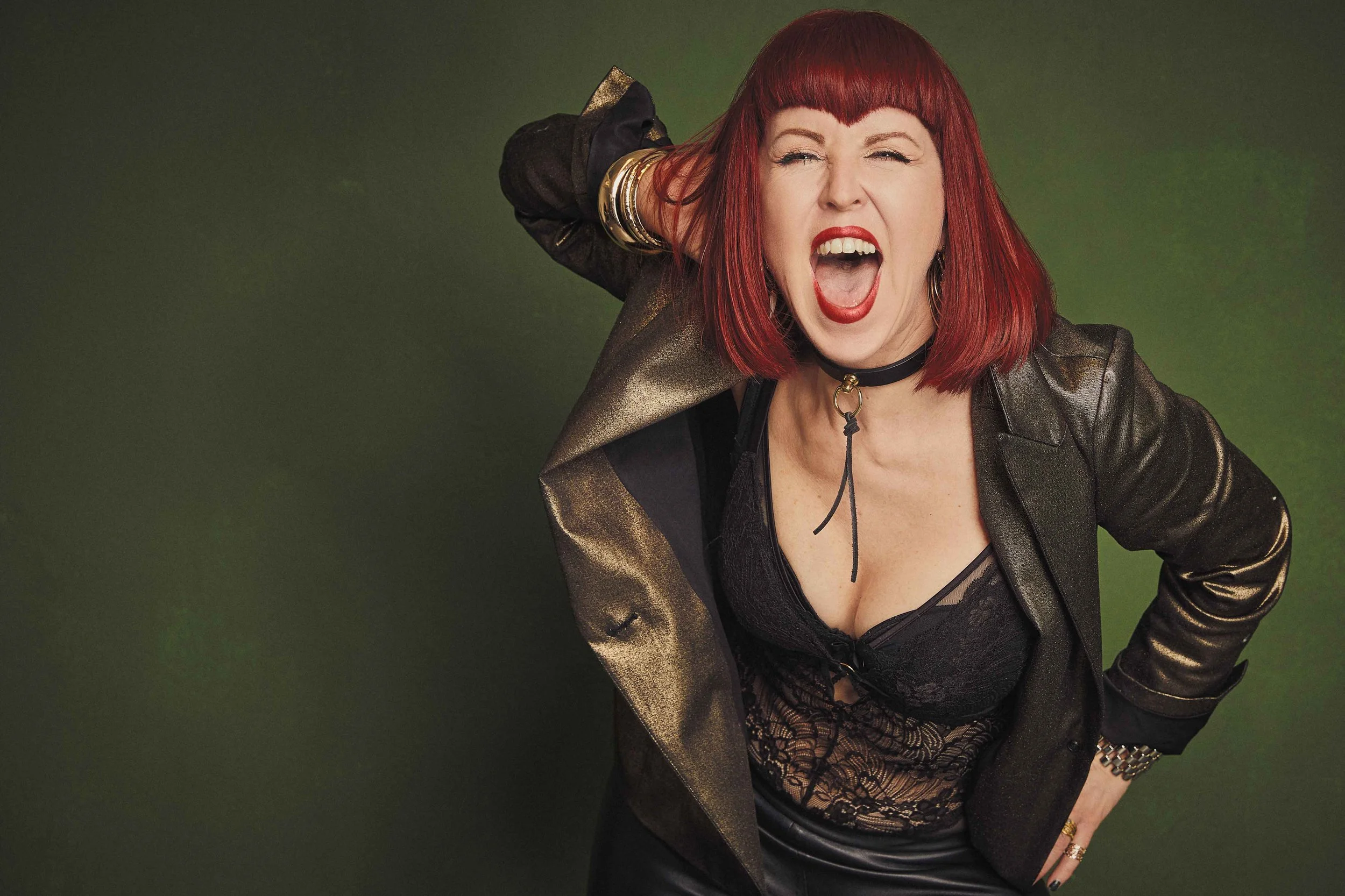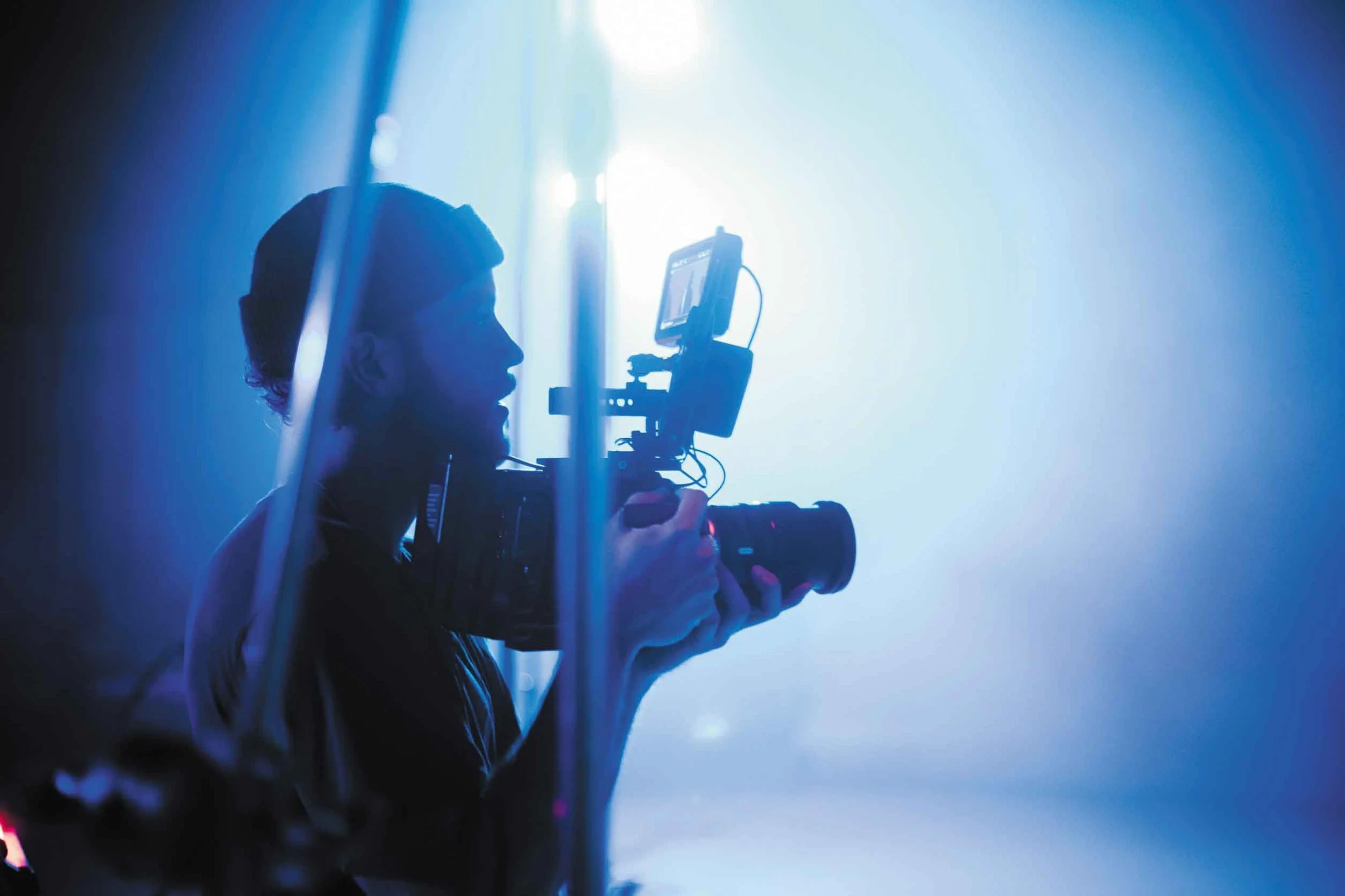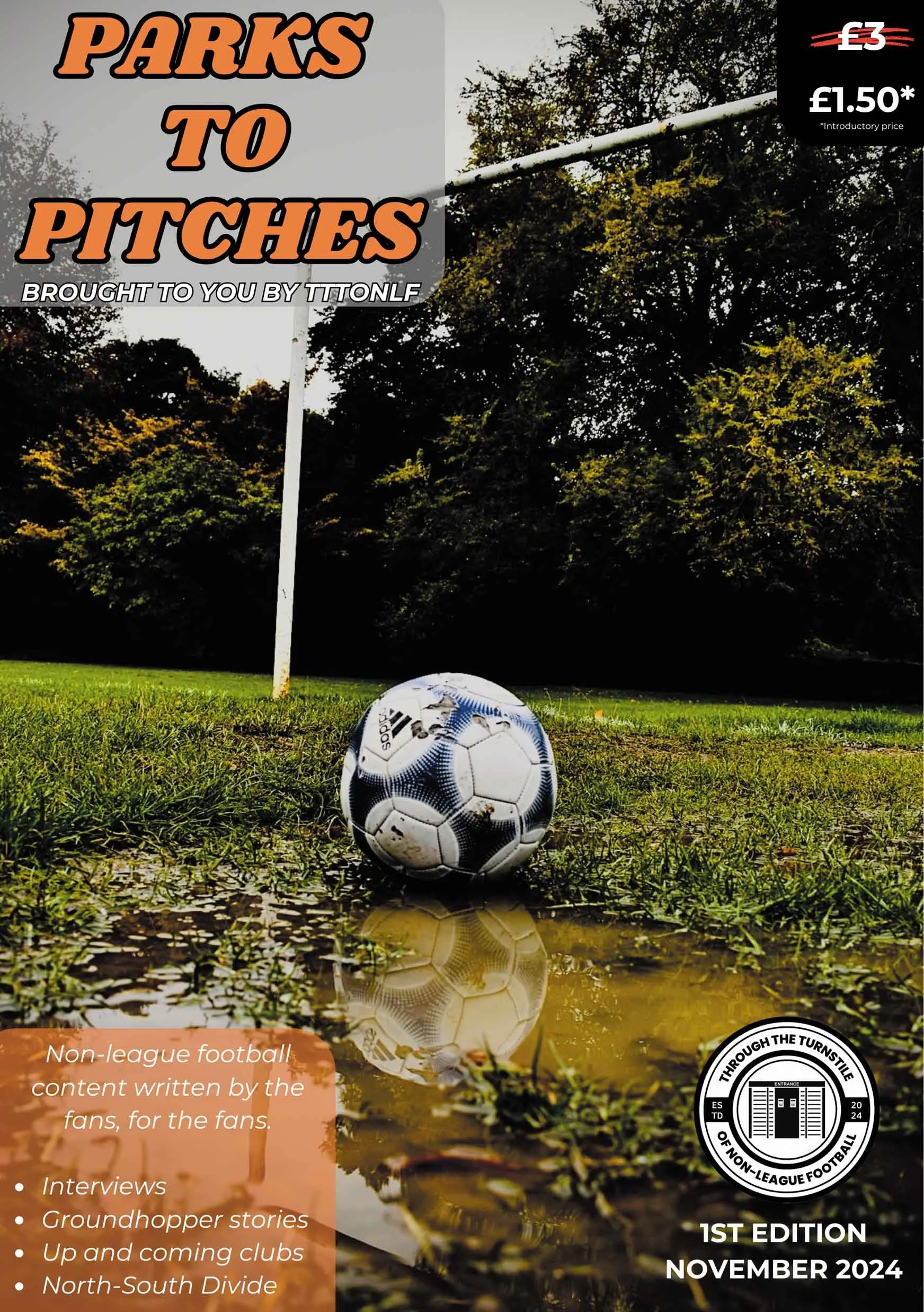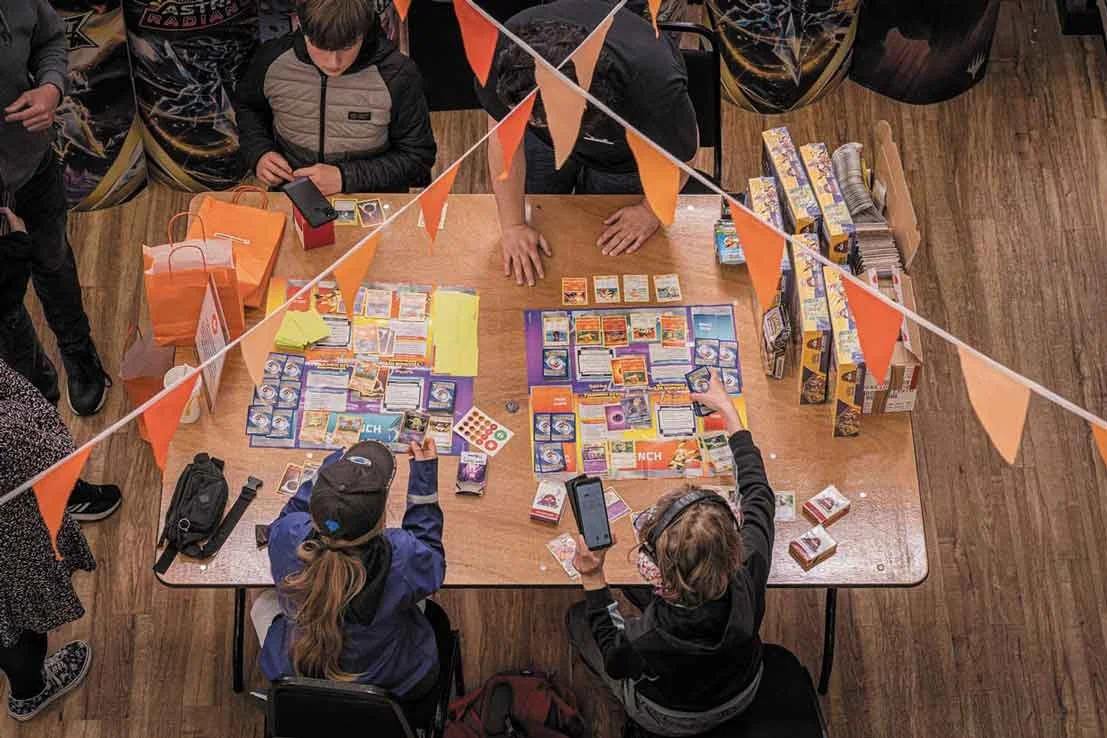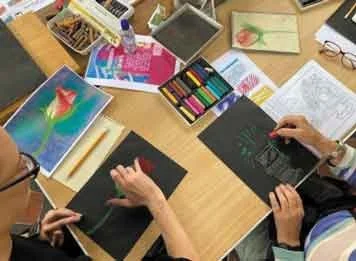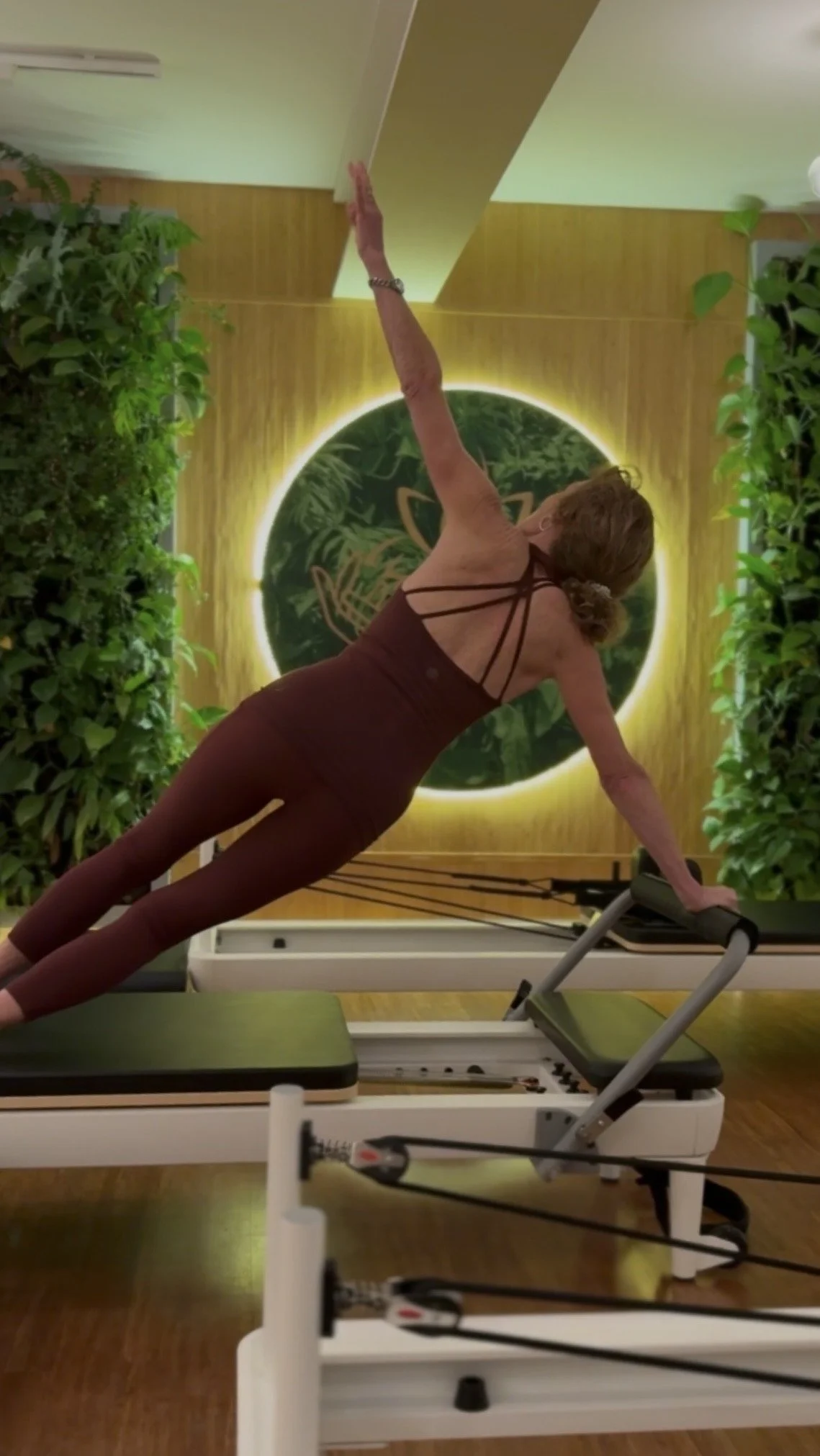IN CONVERSATION… WITH JACK GOURLAY
Record producer Jack Gourlay on his South East Sounds music studio in Deal
Gold- and platinum-record-certified songwriter and producer Jack Gourlay (@jackgourlaymusic) is celebrating the second anniversary of South East Sounds - his custom-built, acoustically treated, music studio in Deal.
But what’s more, he is marking two years of a change in approach to recording music: one that focuses on the well-being of the artist. With walks and swims along the Deal coastline, and views of the White Cliffs of Dover, finding the right headspace before getting in the studio has become essential.
Relocating with interior designer partner Hannah from the hustle and bustle of his north London studio in 2021, Jack has worked for more than decade with recognised names such as James Arthur, Jess Glynne, Jack Garratt and Tom Odell.
From South East Sounds, Jack has produced and co-written label releases including chart hit Feel My Love feat. Joe Taylor - Lucas & Steve (seven million streams on Spotify), produced for BRIT Awards best male artist Rhodes and worked on tracks for Sophie Kilburn, who just sold out her first headline show at The Grace in Islington. He is also working with new industry talent such as Tournier and Talia Rae from his Deal studio.
Having been formerly signed as an artist himself with Warner Music and Sony/ATV Publishing, Jack felt passionate about helping others achieve their music industry potential in the optimal creative and holistic environment. To help with this, Jack is also training to become a therapeutic counsellor specialising in the music industry. We got in touch to find out more…
Hey Jack, so how did you end up in Deal and how are you finding it?
It’s really through my partner, Hannah, ?she has down here?. I think we just noticed that we were enjoying coming down here a lot. We had this long plan about maybe trying to get a little place somewhere on the Kent coast and then it just kind of snowballed into this idea that we would move down, set up studios and have a go. It’s worked brilliantly. And we’ve just been really lucky to meet such kind like-minded people.
Have you found it a barrier for artists coming down to work with you?
I think my big thing was ‘Are people going to come? Are they going to make the trip?’. But the reality is that people have come and they’ve loved it.
I think the setting, the proximity to the beach and the vibe of the town has made me more calm and more present. And then I’ve created a very calm and present studio environment that’s very light and clean and a bit un-studio-y in some senses.
I think that people then kind of get into that gear when they’re down for a couple of days. I can really feel that they’ve then got into that slightly slower pace. If we start at 11am and we have been for a two-hour walk along the seafront before starting, that compared with getting off the tube in the middle of Hackney feels like quite a different thing.
I hadn’t thought about it like that… creating a different mindset before recording.
Yeah, it came a bit from my own experience. I did a session in Hay-on-Wye on the Welsh border and I remember that the train down added a bit of extra anticipation and, you know, it was more memorable and you give a bit more because you’ve invested a bit more, I suppose, in terms of getting there. It just takes you out of your normal day-to-day headspace.
You have been part of some major hits with other people - have you ever wished to have been the releasing artist?
I’ve always done the same basic role. When I was in a band, I wrote songs with the lead singer and was there to help her shape what she was doing and facilitate that. And then I did the production stuff, so we had demos and something to take forward.
I’ve always found it more satisfying with the more human side of how to get out of someone what it is they’re trying to do, from a performance point of view. And from a lyric point of view. And from a taste point of view. I find that kind of more challenging somehow.
Is there something in the musical process that you prefer?
I think writing with someone from scratch, where it’s very 50/50, and it’s really clicking, is probably about as exciting as it gets.
You just really get in a zone and the ideas are bouncing off each other, where you’re really using broad strokes and it’s just flowing. And what comes out is more than the sum of its parts, you’re like ‘Oh wow, I definitely couldn’t have done that by myself today!’. And the other person feels the same - I think that’s where it’s really exciting.
When did you discover that writing music was your future?
I think when I was about 19, I was playing guitar in bands and often would contribute the guitar hook. I was good at guitar, but I wasn’t world-class and couldn’t really see an obvious career with it. I just started to become aware of these writer-producers who were working with artists and seemed to do most of the instrumentation and production and the writing - they seemed to be very involved in various projects.
And I just thought that looks really cool. It wasn’t being a studio engineer per se, sitting behind a massive desk at Abbey Road recording an orchestra. It was more like your own space, making music with people. I think the longer I’ve done it, the more I’ve become aware that actually those people are really central to projects - a kind of engine room of the industry, I’d say.
That part of the industry seems to be something that’s now being really shouted about a lot more…
Yeah, I think that’s been an enormous change since I started. The Amy Winehouse/Mark Ronson thing was probably the first one where it became a bit more visible. I think genre-wise, it existed in other spaces, like the Eminem/Dr. Dre thing. But certainly in pop music, Mark Ronson was like this young, cool guy working with the artist. I think that gave the role quite a lot of visibility.
You’ve had songs that have gone on to be hits - do you ever know in the studio that a song is going to go far?
Well, the Michael Patrick Kelly song Golden Age, which I think was number two in Germany and went really well across Europe, there had been a little brief from their label to describe what it was they were looking for. And I put a track idea together, going into the session… and then we wrote a song over that. And I do remember thinking at the end of the day it’s hard to imagine that’s not hit the bullseye really quite hard. That was about as confident as I would allow myself to be because you just don’t know at all.
Have you had a really buzzy moment, seeing an up-and-coming artist who you see some real potential in?
I think Tournier, who I’ve been working with and who got signed last year by Darcus Beese [previous president of Island Records, who signed Amy Winehouse, Florence & The Machine and Mumford & Sons].
He came into the studio and it quickly became apparent that he could just do it all day, it was just endless, he could have seemingly written 10 verses for each song. Realising ‘Oh wow, this person has a huge amount to say!’ and then just producing it on demand, that’s really exciting.
Tell us about your training to become a counsellor. How did that come about?
I think that my experience of being signed to a major label was a very challenging thing to find yourself in. You know, lots of money, lots of expectation, lots of pressure and then a very unstructured way of life. I found that really difficult to go through and I think that had the band I was in had the right support to really get the relationships working, I think that all could have worked a lot better.
Having artists in over the years - they’re all in that. They’re either doing really well and there’s loads of pressure, or they’re just starting and there’s lots of pressure that comes with that. No matter where you are, what stage you’re at, I think the self-doubt and the anxiety of ‘Am I good enough?’ comes up thick and fast. In the studio you’ve got to perform, it’s a lot of pressure, I think it tends to bring a lot of that stuff up to the surface.
So there are some parallels between the two?
That one-on-one relationship you have in the studio quite often with an artist talking a bit about what’s going on in their life and how they are, which then seeps into the lyrics in the songs, isn’t a million miles away from a counselling exchange in some ways. Certainly, I would say you have to create similar conditions for both - being very relaxed in the setting and with the vibe, in order to either write songs together or to do something more counselling-based.
The move to Deal was partly for me and my well-being, but also it’s definitely been beneficial when people come down. I think you can really feel that it’s a good place to just decompress and just be.






